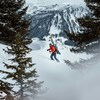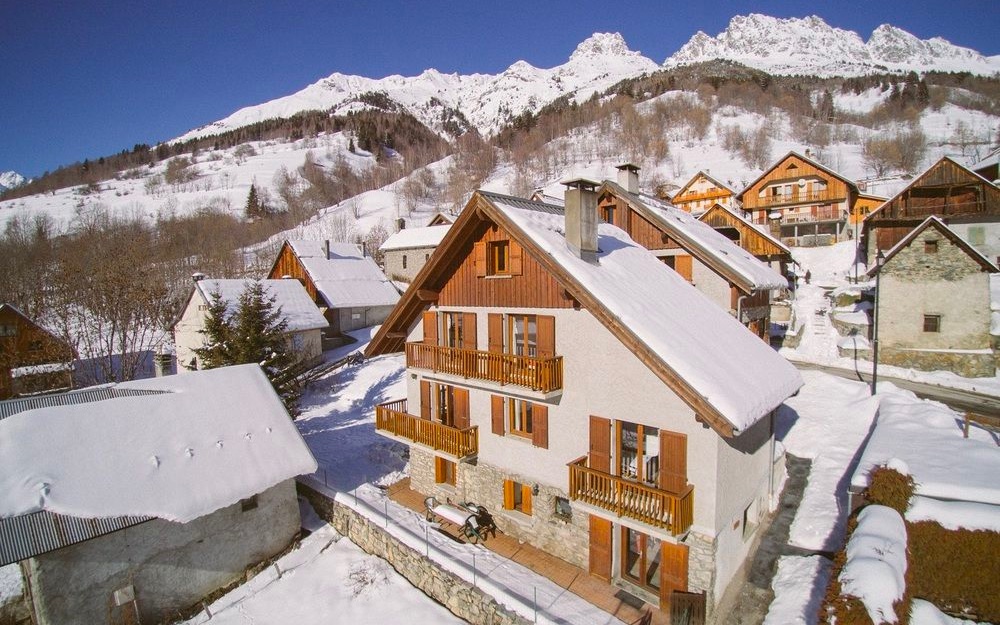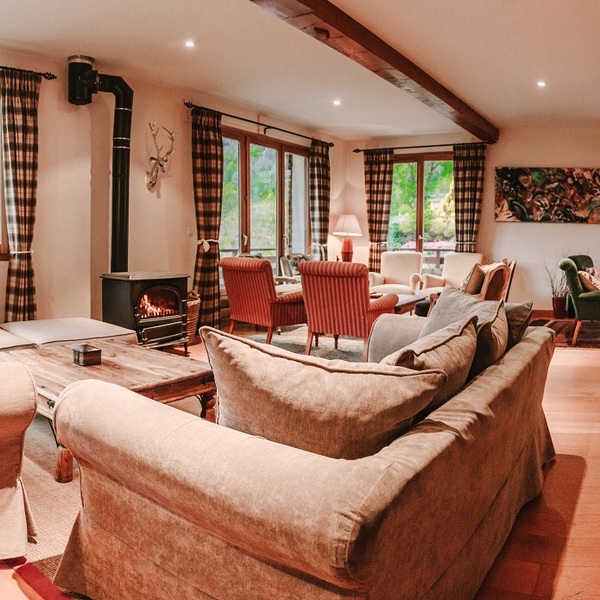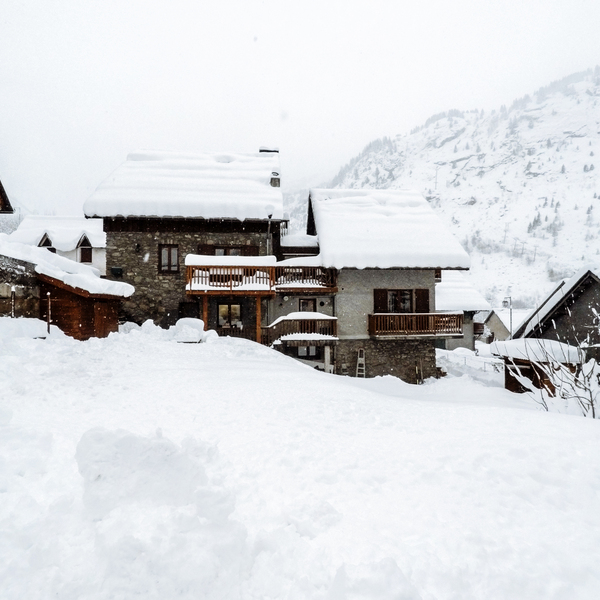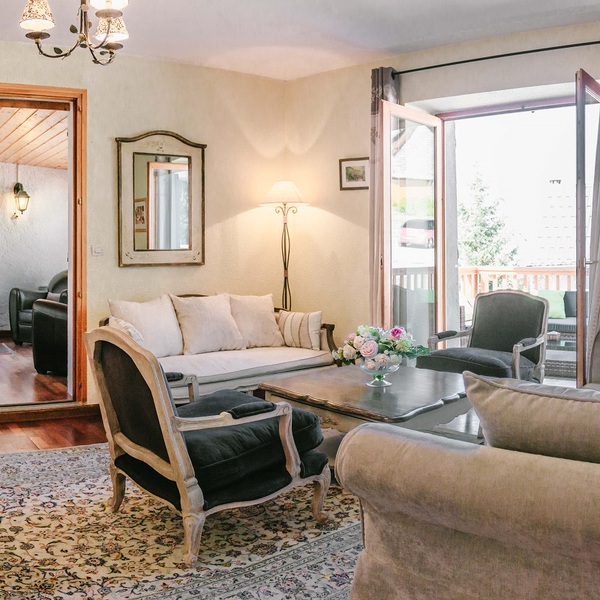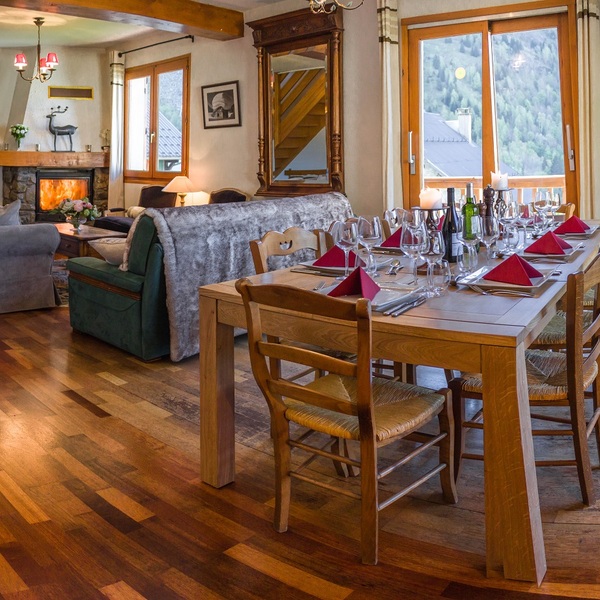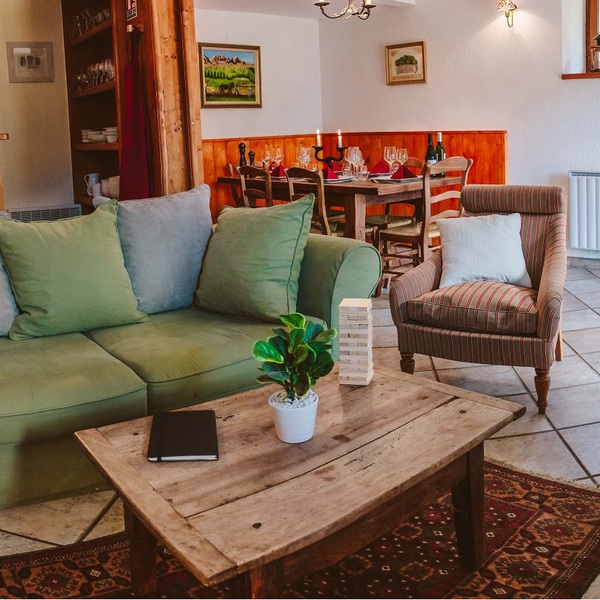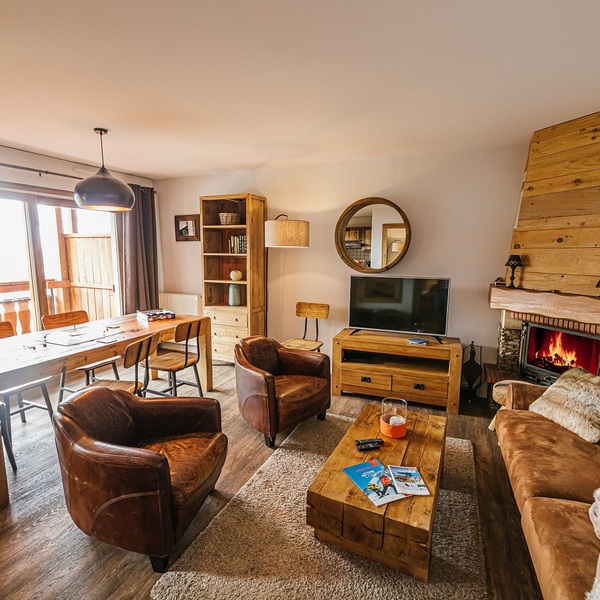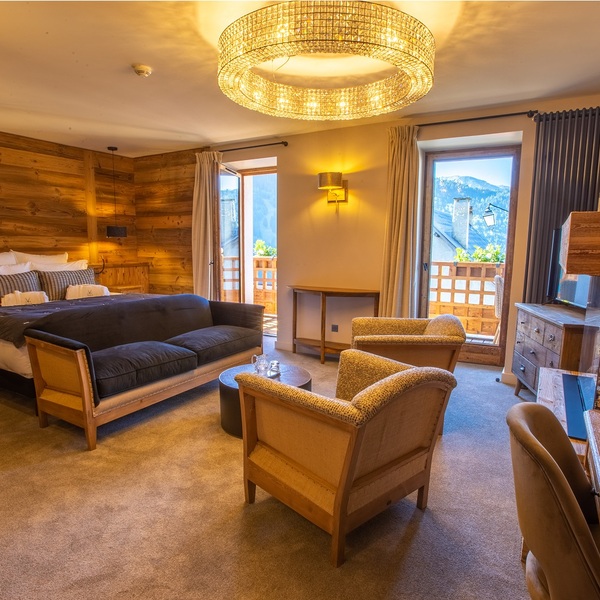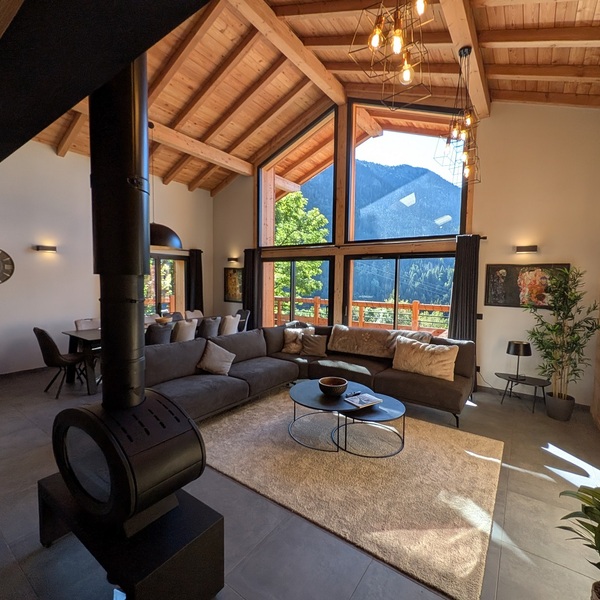RV living in the summer is easy and fun. I lived in a van for 8 months and it was some of the best time I've ever spent! As long as you have taken care of your motorhome, you’ve completed all the necessary maintenance tasks before you leave, and you ensure your bed is equipped with the best RV mattress in Canada, you’re probably going to have a wonderful time no matter where you travel to.
But winter RV living is quite a bit different, particularly if you want to spend at least some of your time in the gorgeous French Alps, where the weather can be quite cold and snowy. These tips can help you prepare your RV for a winter trip in the French Alps, or other cold-weather destinations.
Get the Right Gear
The same gear you carry in your car during winter also belongs in your RV when you’re hitting the mountains. Equip your motorhome with a shovel, a long-handled snow brush or broom, a long-handled ice scraper, and a bag of kitty litter or sand. The brush and ice scraper will help you brush snow and ice from your windshield. Hopefully, you won’t get stuck in a snowbank, but if you do the kitty litter and shovel can get you out.
Additionally, have a set of tire snow chains in one of the storage bins to help you gain traction on snow-packed roads. Be sure to try the chains on before your trip to make sure they fit appropriately. You don’t want to get on a road in a remote section of the Alpe d’Huez ski area and discover your chains are useless.
Insulate the Vehicle
Despite the fact that some places in the French Alps, like the village of Vaujany, get more than 300 days of clear skies each year, the temperatures can drop to as low as -24° C in December. As such, it’s critical that you take steps to insulate your RV to make it as warm as possible. Certainly, you’ll have to use your motorhome’s heater to keep the space comfortable, but insulating it will retain more of that heat so your equipment doesn’t have to work as hard.
The windows are the biggest source of heat loss in an RV, so when you’re insulating your vehicle, pay particular attention to them. Seal the windows with new caulking, cover them with heavy thermal window coverings or radiant foil sheeting, and consider installing double-pane windows to prevent heat from leaking out.
Wrap the door with a heavy sheet of plastic, add insulated foam boards to your storage bays and under your mattress, and put a skirt on the RV to prevent cold air from getting trapped under the vehicle and rising up through the floors. Ensure your water sources are also insulated by wrapping your water tanks and pipes with thermal blankets and heat tape.
To prevent hot air from escaping from your RV’s roof vents, cover them with thermal blankets or purchase special vent insulator pillows that will block warm air from leaving the vents and cold air from entering them. These pillows are fairly inexpensive and can save you hundreds of dollars in heating expenses throughout the winter.
Keep the Water Running
As long as the water in your RV is running while you’re camping, it won’t freeze. Most campsites will have water hookups so you can keep a tap drizzling to prevent the pipes from freezing, but you’ll have to be prepared for your gray water before you leave. Bring an extra bucket to place under the grey waste drain in your RV. Leave the drain open so that it is resistant to freezing. Don’t forget to empty the bucket frequently.
Consider a Spare Generator

Your RV already has a generator that you use to power your lights, electrical outlets, and appliances, but if it acts up during a bitterly cold spell, you’ll be out of luck. Unless, that is, you carry a spare generator as a backup power source. If you’re running your heat on electricity, it’s almost mandatory to have an extra generator on board so you don’t lose power in the middle of a snow storm.
When purchasing a spare generator, consider one that runs as quietly as possible. Your fellow campers will appreciate it, especially if you have to run it at night. Some generators are very loud and aren’t appropriate for camping, so keep this in mind before you buy one.
Conclusion
Spending the winter in an RV is an adventure and it can be a lot of fun if you take the time to properly prepare your vehicle. But, if you’re not ready for the work it takes to winterise your RV, consider staying at one of the comfy chalets in the village of Vaujany in the quaint Alpe d’Huez ski area. You’ll not only be warm and happy for your entire trip, but you’ll also be treated to some of the best hospitality in the French Alps.
Tagged with;






